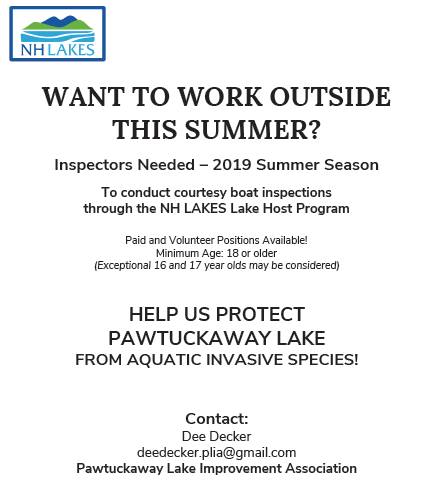“Volunteers don’t get paid; not because they’re worthless, but because they’re priceless”.
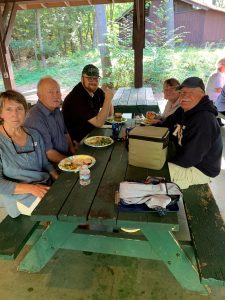
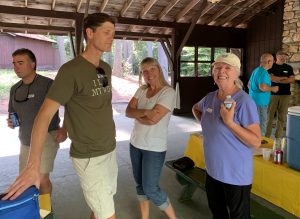
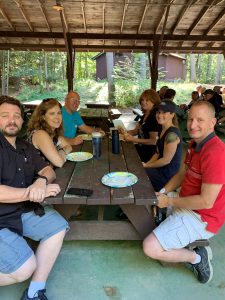
September 15, 2019 was truly a lovely Sunday afternoon in the Park; the perfect setting for a gathering of PLIA volunteers. Every fall the PLIA hosts a cookout at the Pawtuckaway State Park Pavilion to thank and celebrate its volunteers.
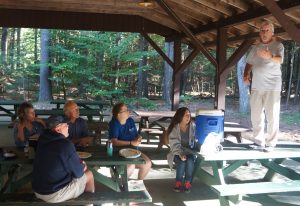 This year, President Tom Duffy recognized the hard work and tireless dedication of the folks who inspect boats in the Lake Host Program, look for invasive species in the WeedWatchers, gather lake and tributary water samples in the Water Testing program, search for and root out milfoil in the Milfoil Patrol, and pick up trash on Route 156 in the Clean and Scenic Road Cleanup Program. He also gave a shout out to the volunteers who run the organization, all year long.
This year, President Tom Duffy recognized the hard work and tireless dedication of the folks who inspect boats in the Lake Host Program, look for invasive species in the WeedWatchers, gather lake and tributary water samples in the Water Testing program, search for and root out milfoil in the Milfoil Patrol, and pick up trash on Route 156 in the Clean and Scenic Road Cleanup Program. He also gave a shout out to the volunteers who run the organization, all year long.
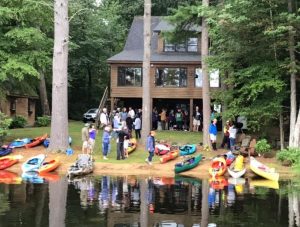 Finally, Tom announced a very successful fund raising event that took place on Saturday, September 14, known as Paddle Poker. It was put together with the enthusiasm, energy, and dedication of a well-coordinated group of volunteers. And participants had loads of fun!
Finally, Tom announced a very successful fund raising event that took place on Saturday, September 14, known as Paddle Poker. It was put together with the enthusiasm, energy, and dedication of a well-coordinated group of volunteers. And participants had loads of fun!
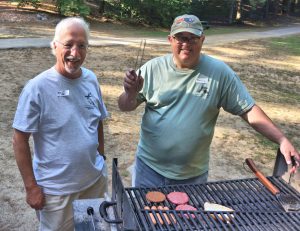 The PLIA appreciates that it could not not survive, and that none of its programs could operate, without the generous and spirited contributions of its volunteers. Everyone who treasures Pawtuckaway owes a debt of gratitude to these folks. Their hard work keeps the lake clean and healthy for all of us to enjoy! So, the next time you meet one of these special people, give them a big THANK YOU!
The PLIA appreciates that it could not not survive, and that none of its programs could operate, without the generous and spirited contributions of its volunteers. Everyone who treasures Pawtuckaway owes a debt of gratitude to these folks. Their hard work keeps the lake clean and healthy for all of us to enjoy! So, the next time you meet one of these special people, give them a big THANK YOU!
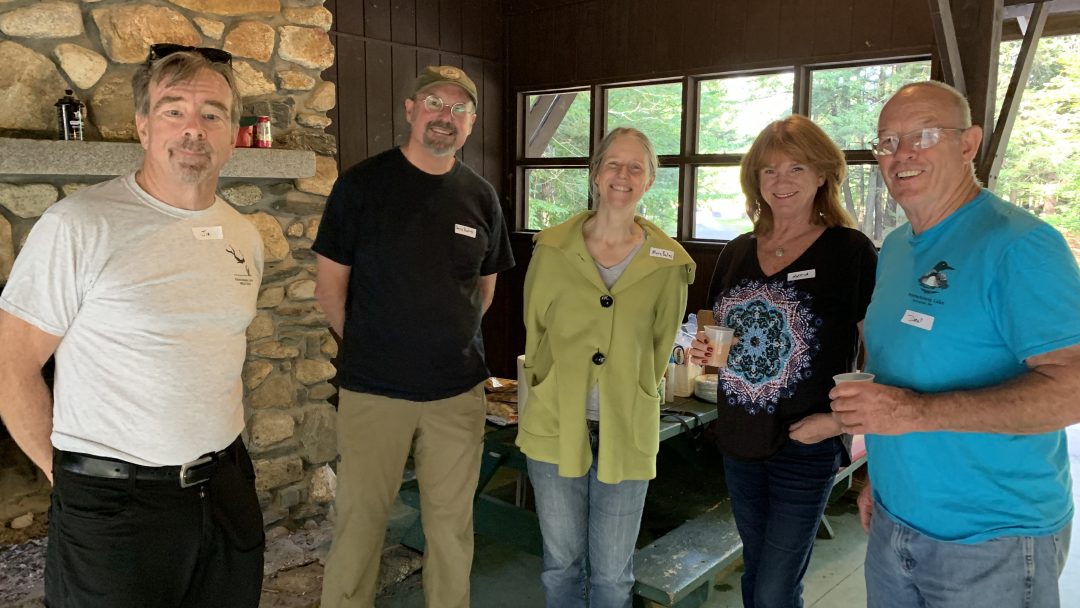
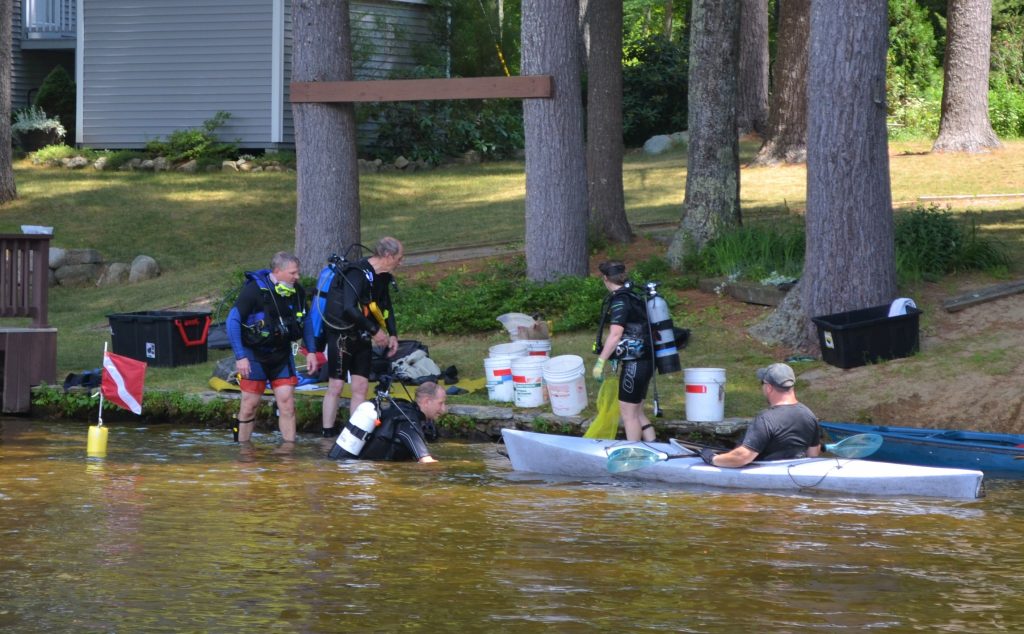 On Saturday July 6th, three open water certified SCUBA divers were trained and certified in exotic milfoil weed removal. We now have FOUR Pawtuckaway divers to remove milfoil when we find it!
On Saturday July 6th, three open water certified SCUBA divers were trained and certified in exotic milfoil weed removal. We now have FOUR Pawtuckaway divers to remove milfoil when we find it!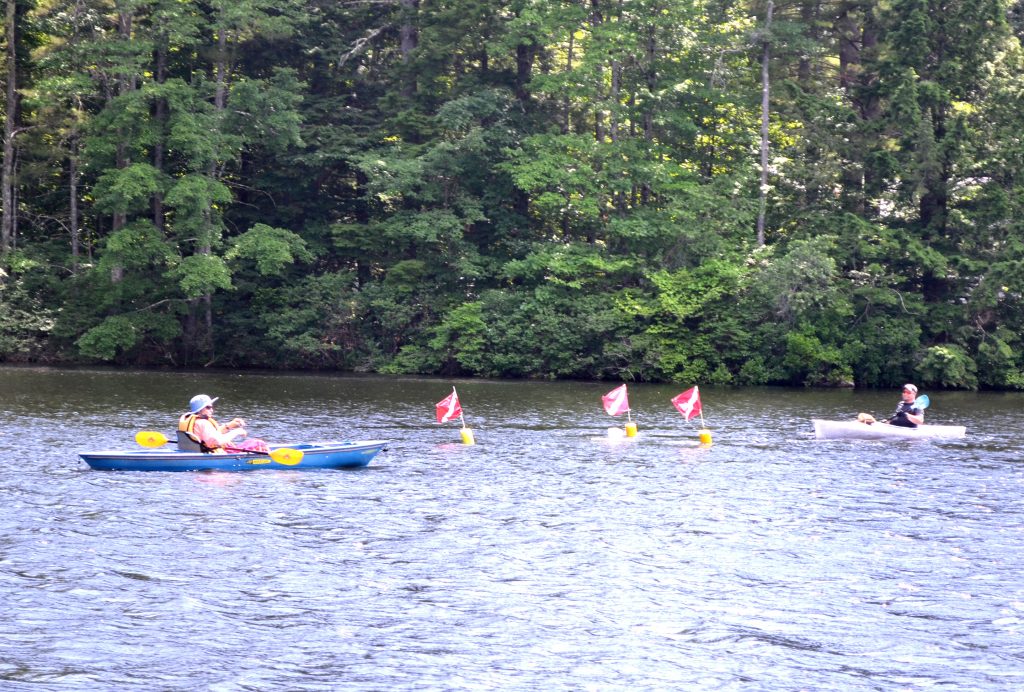
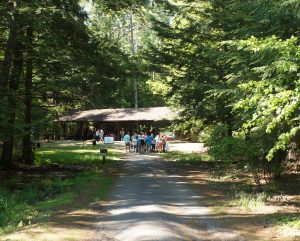
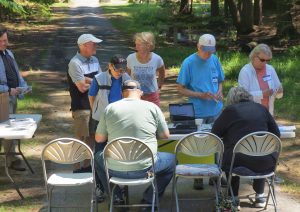
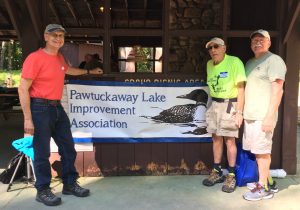
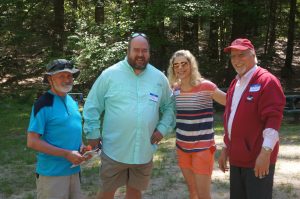
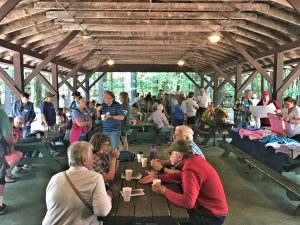
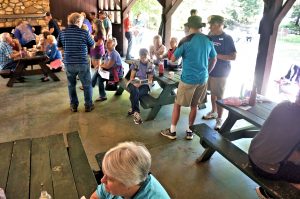
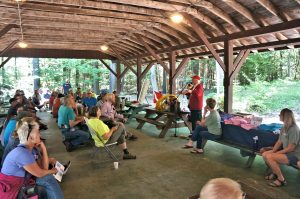
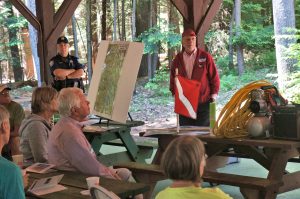
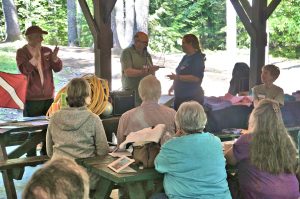
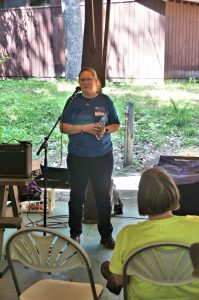
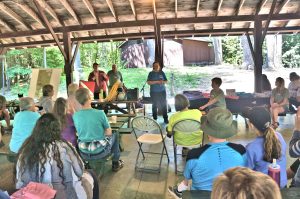
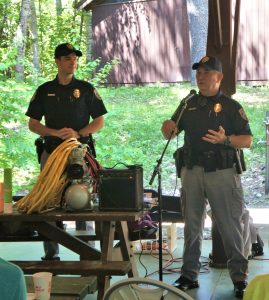
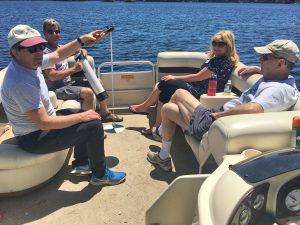
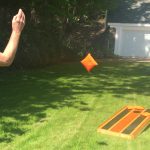
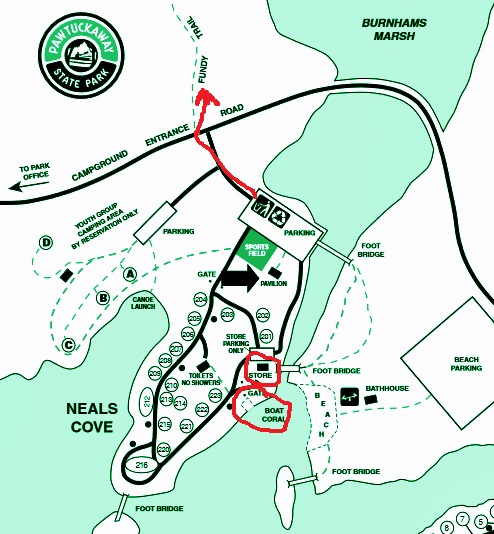
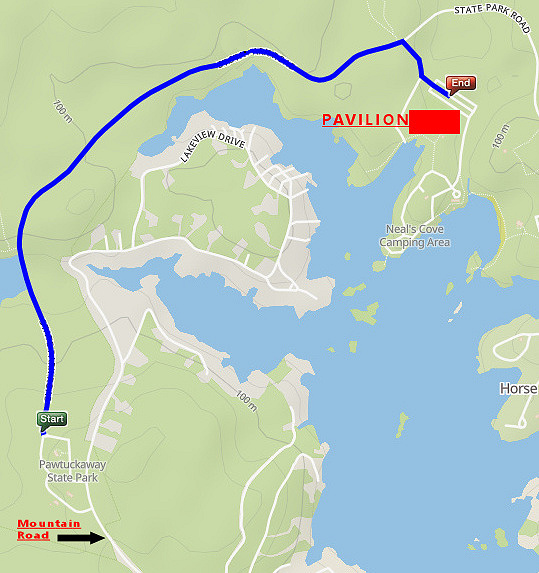

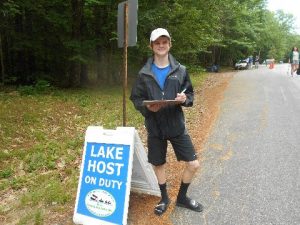 They have trained their staff about invasive aquatic species and the mission of NH LAKES’s Lake Host Program. They have welcomed our Lake Hosts into the Park to perform courtesy watercraft inspections, take surveys of visitors to the Park, and spread the alarm about milfoil.
They have trained their staff about invasive aquatic species and the mission of NH LAKES’s Lake Host Program. They have welcomed our Lake Hosts into the Park to perform courtesy watercraft inspections, take surveys of visitors to the Park, and spread the alarm about milfoil.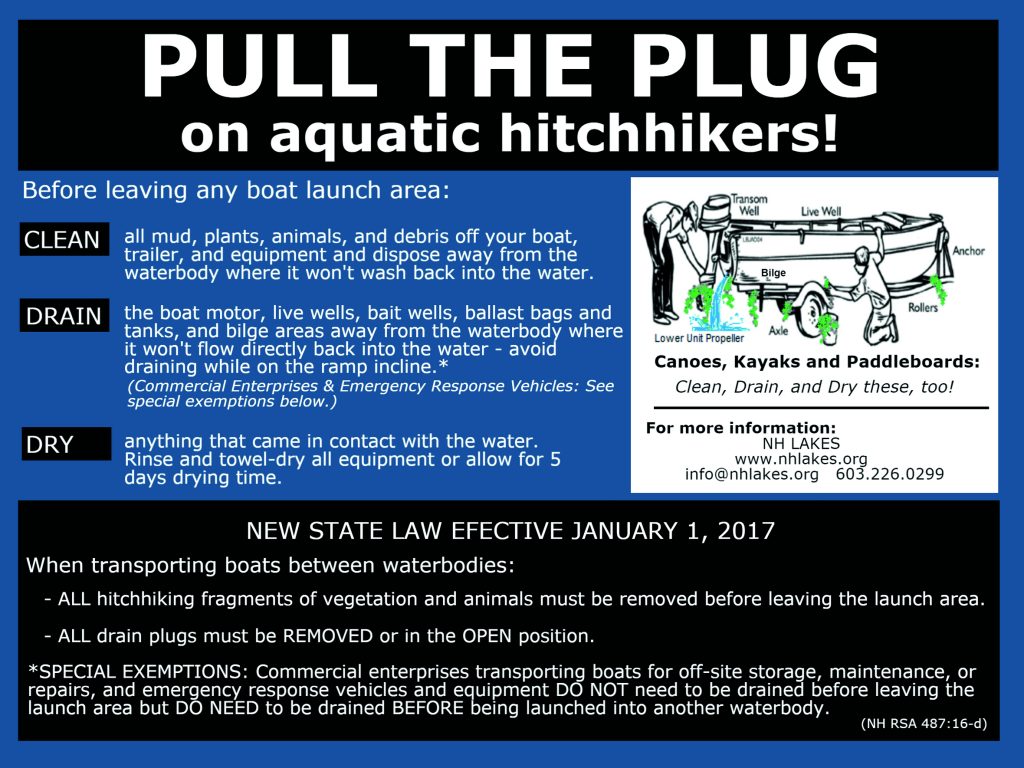 Hosted by Dee Decker
Hosted by Dee Decker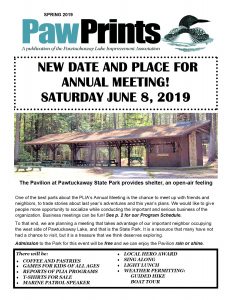 The PLIA’s annual newsletter, PawPrints, is ready to read. The print version has been mailed out and many of you have already received it. Even if you have, it’s worth taking another look at our electronic version, because it’s so much better in color! And if you haven’t, there’s a lot of important news inside that you won’t want to miss.
The PLIA’s annual newsletter, PawPrints, is ready to read. The print version has been mailed out and many of you have already received it. Even if you have, it’s worth taking another look at our electronic version, because it’s so much better in color! And if you haven’t, there’s a lot of important news inside that you won’t want to miss.